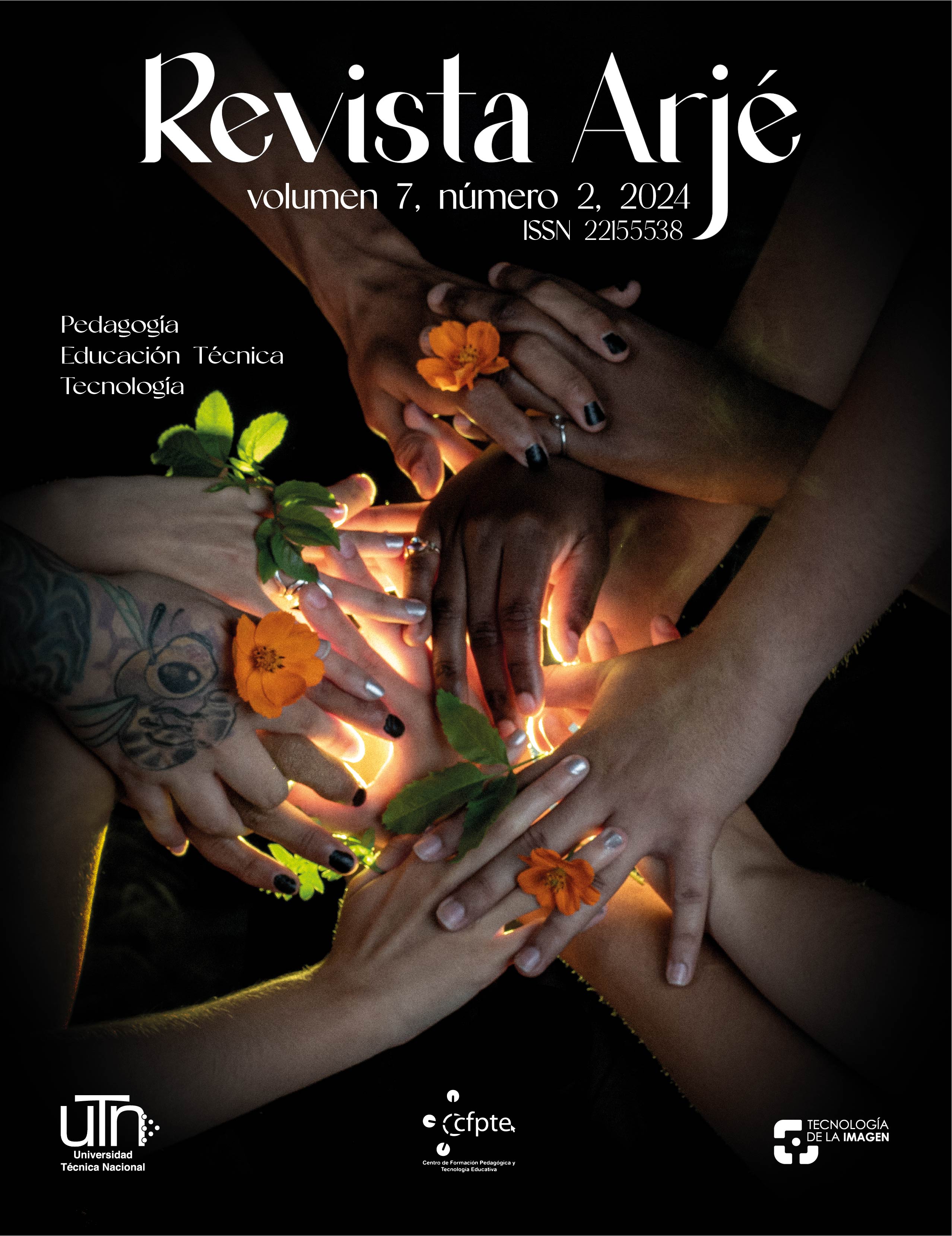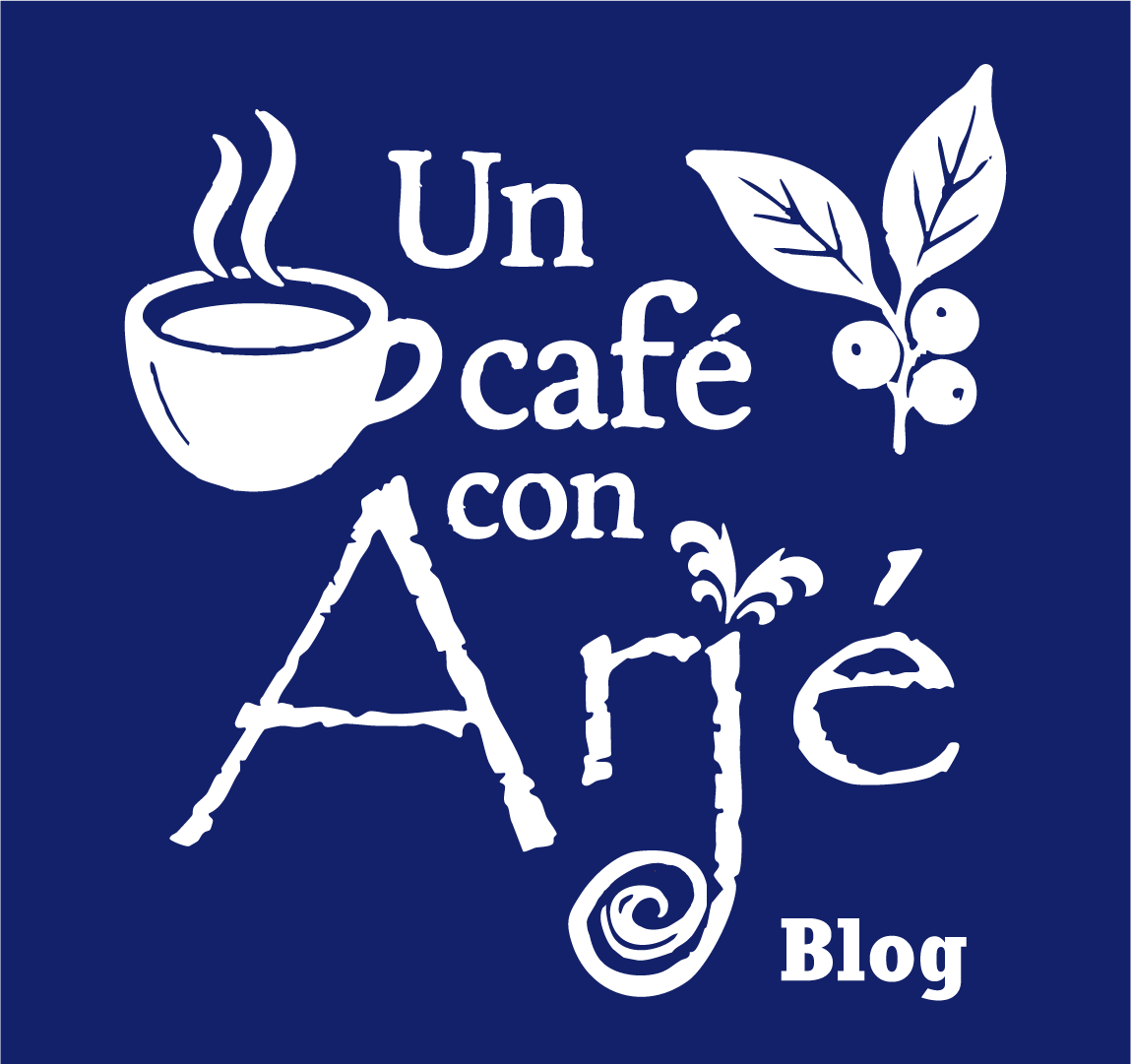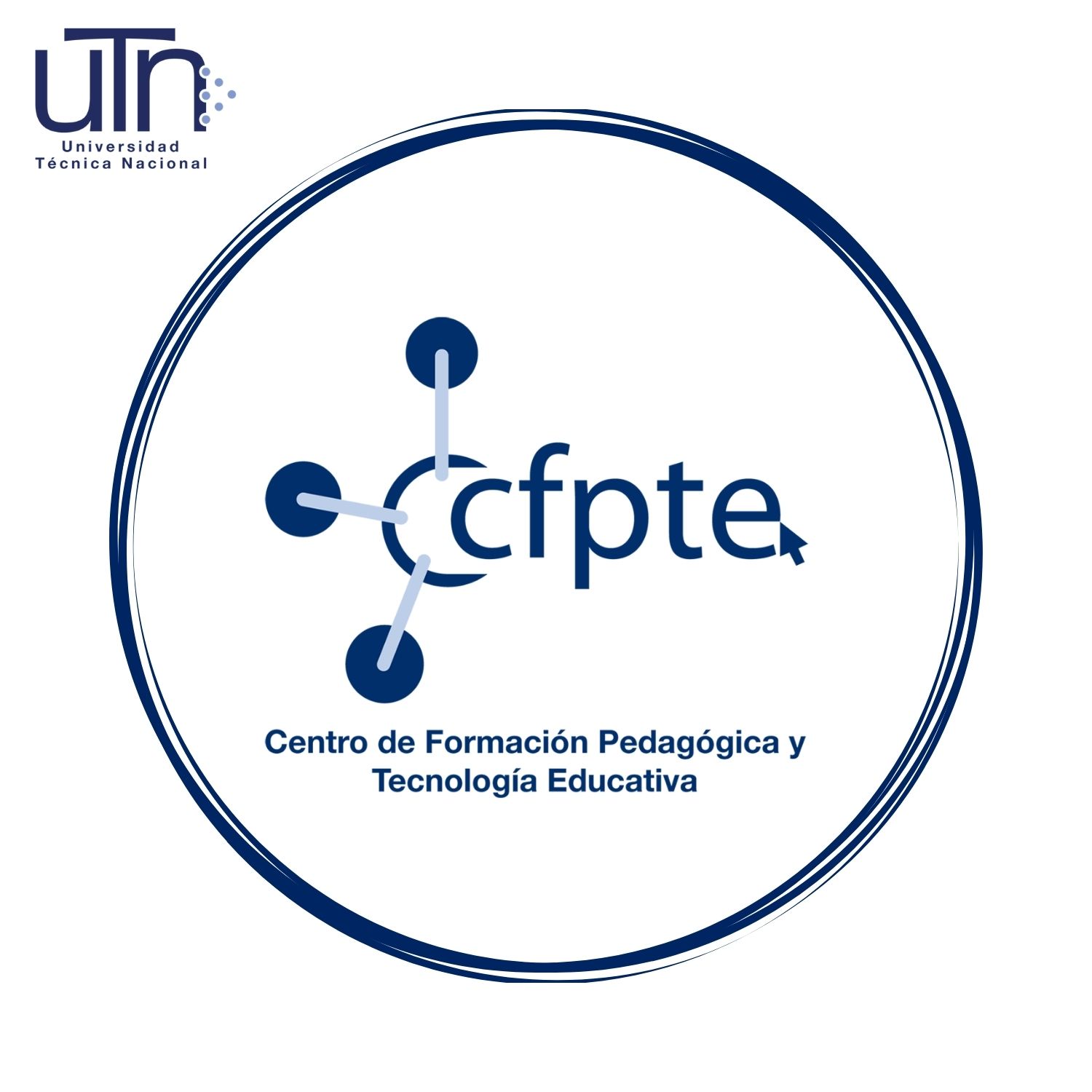Towards a More Articulated and Engaged University Extension: My Experience and Vision
DOI:
https://doi.org/10.47633/ajsybp52Keywords:
Articulation, Communities, Engagement, Social Transformation, University ExtensionAbstract
My first experience as an extensionist took me to a low-income community where the lack of opportunities was palpable. I taught a business planning course to people with little formal education and unmet basic needs. Teaching entrepreneurship concepts in this context was a challenge that moved me deeply. Despite the difficulties, the experience allowed me to understand the importance of adapting education to the real needs of communities and addressing social issues in a comprehensive way. At the end of the training, the greatest satisfaction lay in the transformative impact it had generated. Beyond the knowledge imparted, new doors opened to resources that enabled participants to significantly improve their quality of life. Watching them move from point A to point B, overcoming obstacles and becoming empowered, was a profoundly rewarding experience.
An old saying claims that “the road to the throne passes through the servants’ quarters.” This maxim accurately reflects my journey to the Office of the Vice Rector for Extension. I began my work as an academic, sharing knowledge with the conviction that education is a vehicle for social transformation. Later, as coordinator at the San Carlos campus of the National Technical University (UTN), I consolidated my commitment to university extension. This experience has prepared me to assume the Vice Rectorship and to continue strengthening UTN’s engagement with its surroundings.
UTN’s university extension model, focused on income generation, has been the product of a specific historical and political context. The pursuit of financial autonomy and the pressure to obtain short-term measurable results have led to prioritizing commercial services over other objectives. However, this limited view has hindered the development of a university extension more committed to social and environmental challenges. The pandemic has acted as a catalyst for this process of critical reflection, revealing the need to build a more inclusive, participatory, and sustainable extension model over time.
Downloads
References
El editorial no lleva referencias porque su función principal es expresar una posición institucional, reflexiva o valorativa sobre un tema, más que presentar resultados de investigación o fundamentar argumentos con citas académicas. Se trata de un texto de opinión sustentado en la experiencia, la observación y el análisis crítico, no en la revisión bibliográfica. Por ello, no requiere referencias ni bibliografía, aunque puede aludir de forma general a contextos, hechos o debates relevantes.
The editorial does not include references because its main purpose is to express an institutional, reflective, or evaluative stance on a topic rather than to present research results or support arguments with academic citations. It is an opinion piece based on experience, observation, and critical analysis, not on a literature review. Therefore, it does not require references or a bibliography, although it may make general allusions to relevant contexts, facts, or debates.
O editorial não contém referências porque sua função principal é expressar uma posição institucional, reflexiva ou valorativa sobre um tema, e não apresentar resultados de pesquisa ou fundamentar argumentos com citações acadêmicas. Trata-se de um texto opinativo baseado na experiência, na observação e na análise crítica, e não em uma revisão bibliográfica. Por isso, não requer referências nem bibliografia, embora possa fazer alusões gerais a contextos, fatos ou debates relevantes.
Downloads
Published
Issue
Section
License
Copyright (c) 2024 Harold Roberto Hernández Padilla

This work is licensed under a Creative Commons Attribution-NonCommercial-ShareAlike 4.0 International License.
All articles in the Revista Académica Arjé are published under the Creative Commons Attribution-NonCommercial-ShareAlike 4.0 International License (CC BY-NC-SA 4.0).
This means that:
-
Attribution: Proper credit must be given to the original authors, a link to the license must be included, and any changes made must be indicated.
-
NonCommercial: The material may not be used for commercial purposes.
-
ShareAlike: If the work is adapted or remixed, the resulting version must be distributed under the same license.
More information at: https://creativecommons.org/licenses/by-nc-sa/4.0/deed.en








